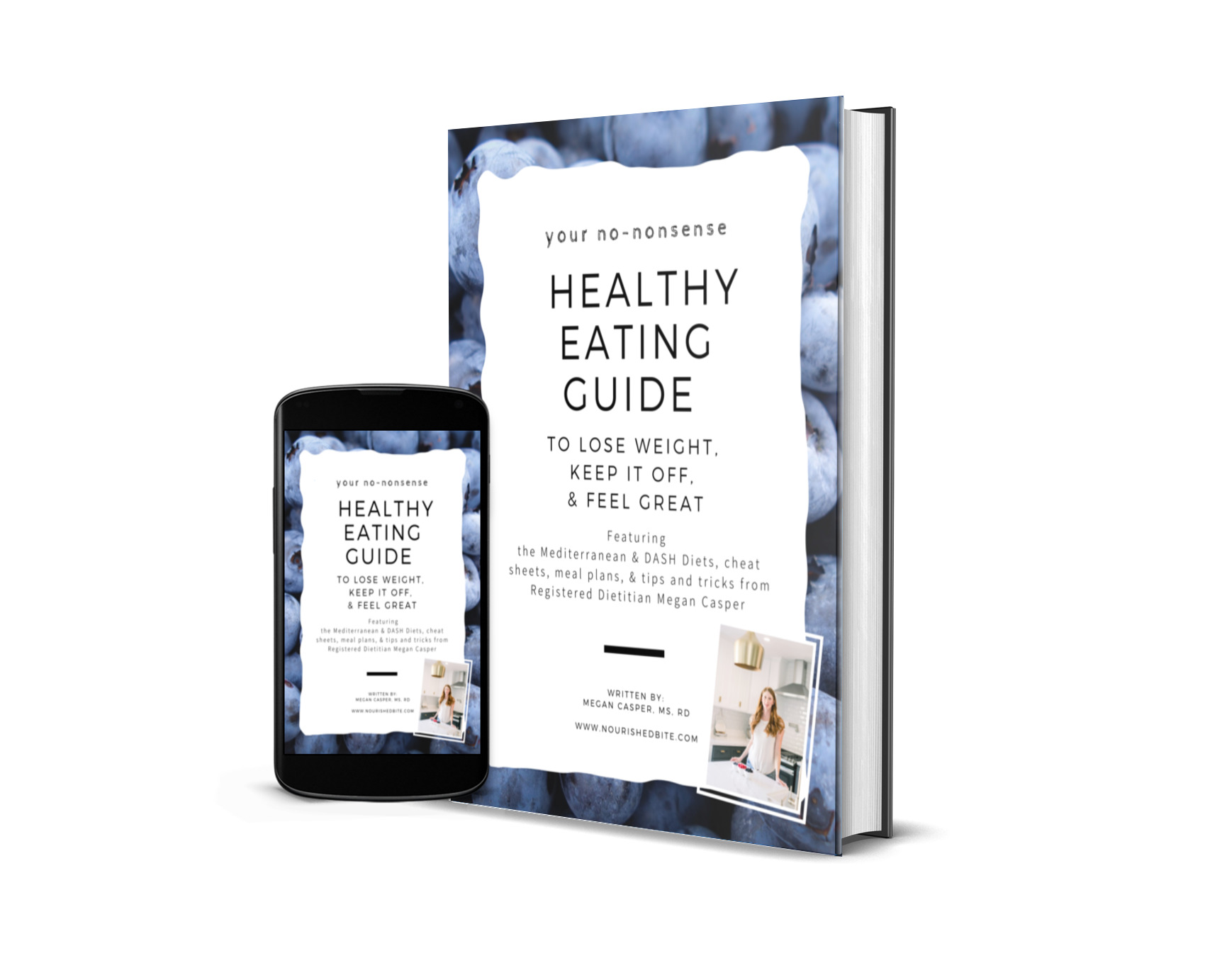How to Lose Weight and Keep it Off For Good
/You’ve lost the weight, but you know that most people regain the weight they’ve lost, and sometimes more.
So how do you beat the odds?
Here are some tried and true (and scientifically backed) methods to both lose weight, and keep it off.
1. Exercise: While diet is really key to losing weight, studies show that exercise is essential to maintaining weight loss. Exercise helps burn calories and boosts metabolism. In one study, people who maintained weight loss of more than 30 pounds after a year or longer exercised about 90 minutes a day at a moderate or vigorous pace. This group also logged about 12,000 steps.
While that is a LOT of exercise, remember that you will build to it, many different types of exercise throughout the day count (like walking up a hill, taking the stairs, or a fast pace across the parking lot when you’re getting groceries). Other exercises, like high-intensity workouts, could cut down on the time.
A new study found that the best exercises for fighting off weight gain, despite having genes that would predispose someone to obesity, are jogging, mountain climbing, walking, power walking, dancing, and long yoga practices.
Not only is aerobic exercise important, but you should also try to lift weights at least once or twice a week to help improve muscle mass. After a significant weight loss, it is common to lose muscle which can lower your metabolism, so get in those squats!
2. Kick the diet mentality: Remember, your diet is just what you eat every day, not a specific meal plan you follow for a certain period of time. Many diets fail because once the diet is over, many people binge and gain all they lost back and more. The key to not swinging back to your old diet is not missing your old diet.
Which is why small healthy choices are advocated by the National Health Institute, The American Heart Association, and little ol’ me.
Small changes (like adding a serving of vegetables, drinking an extra glass of water, or cutting back on a serving of soda) and building from there are ways you can slowly ease into changes. With small changes you can build on success and see your health improve, all without feeling deprived.
Remember this isn’t a quick fix to get into your favorite pair of jeans. You’re making your changes for a longer, healthier, happier life.
3. Remember it isn’t all or nothing: Instead of thinking your diet starts tomorrow, remember one “bad” meal, or even day, isn’t a make or break situation. Just because you broke your “record” doesn’t mean you should go back to old habits. We all want need to enjoy our lives. Less healthy meals will happen but that doesn't mean we aren’t making progress or succeeding. Look at the overall pattern and improvement.
4. Focus on what you can have: One trick for eating well? Focus on what you can have and not what you can’t. Try to look for foods high in protein, fiber, and healthy fats. These three groups all are slow to digest and filling, which helps you eat lower calories over all and, more importantly, can help you feel more satisfied.
5. Don’t put yourself into starvation mode: Eating a diet drastically lower in calories can cause your metabolism to fight back and slow down, making it harder and harder to keep losing weight, and impossible to keep it off after you’ve stopped dieting.
6. Check in: Checking in regularly, like weighing yourself, can help maintain healthy behaviors. One study found that people who weighed themselves daily lost more weight. I personally feel that this can lead to obsessive behavior, and that weighing in once a week or month would be a safer bet, especially once you’ve established healthy eating habits.
You can also check in by occasionally weighing out pastas, cereals, and other starchy or simple carbs or measuring out teaspoons of oil to make sure serving sizes aren’t slowly growing.
7. Stay hydrated: Drinking water decreases hunger, helps reduce calorie intake, and may help you burn at least a few more calories each day. Remember to carry your reusable water bottle with you wherever you go and take sips throughout the day.
8. Get enough sleep: Poor sleep is a major risk factor for weight gain. In fact, one study saw that just one night of poor sleep led to poor food choices the next day. Poor sleep tends to lead to higher levels of ghrelin, a hormone that is known as the “hunger hormone” because it increases appetite, and lower levels of leptin, a hormone which tells you you’re full. Poor sleep also ups stress hormone cortisol, which can lead to weight gain.
9. Find a support system: Having friends, exercise partners, or even online buds, that help cheer you on and hold you accountable can help you stick to your goals. Plus it makes exercise more fun!
10. Eat plenty of vegetables: I know I already said to get in fiber, but it deserves to be stated again. Vegetables are low in calories, high in nutrients, and have filling fiber. Eating loads of veggies is a way you can eat larger quantities to help fill you up without having to reach for more caloric foods.



